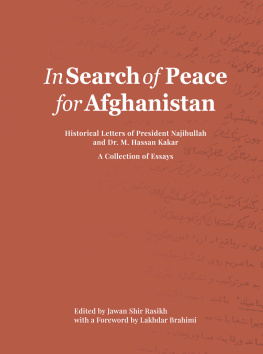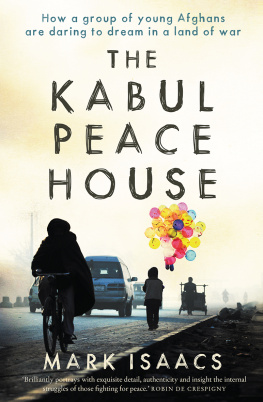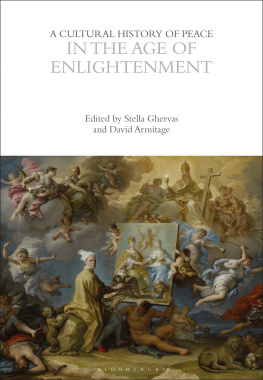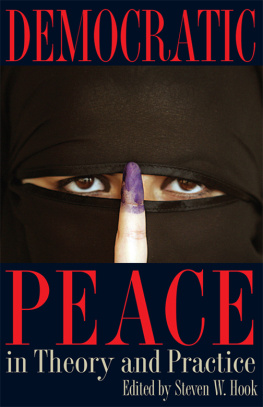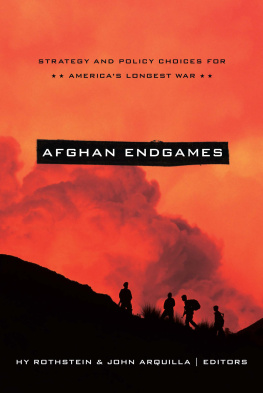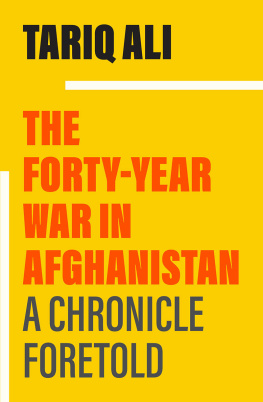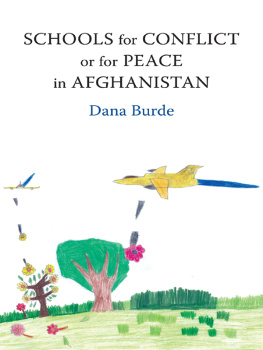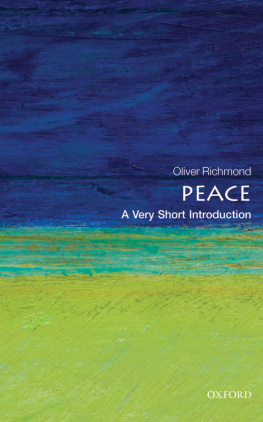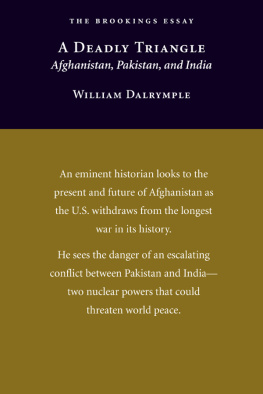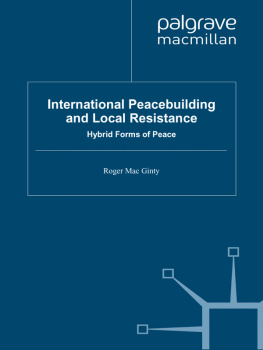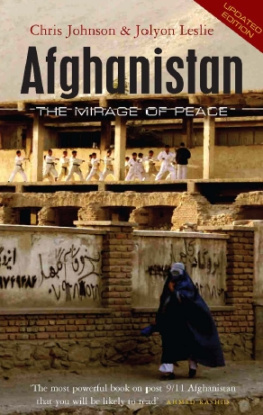In Search of Peace for Afghanistan
In Search of Peace for Afghanistan
Historical Letters of President Najibullah and Dr. M. Hassan Kakar
A Collection of Essays
Edited by
Jawan Shir Rasikh
Kakar History Foundation Press
Kabul, Afghanistan
COPYRIGHT PAGE
Published in Afghanistan in 2021
by Kakar History Foundation Press
House 177, Lane 3, Street 4, Shahr-e Naw
PD10, Kabul
2021 by the Kakar History Foundation and Heart of Asia Society
All rights reserved
Manufactured in partnership with Intisharat Amiri, Kabul-Afghanistan.
Kakar History Foundation Press is the publication department of Kakar History Foundation, a non-profit historical education and research organization, based in Kabul, Afghanistan. The press department is supported by the royalties it collects from its publications, the Kakar History Foundation, monetary contributions and donations by family, friends, and colleagues of Dr. Kakar, and other non-partisan individuals and institutions. For more information, visit www.kakarfoundation.com .
Cover illustrationPresident Najibullahs and M. Hassan Kakars original letters in Dari (courtesy of Kakars family).
Contents
To Those Who Have Been Striving for Peace in Afghanistan
Foreword
Lakhdar Brahimi
Former Special Representative of the United Nations Secretary General for Afghanistan, 1996-1997, and 2001-2004
When the Soviet Union at long last agreed to withdraw its troops from Afghanistan in 1989 but was still supporting its government, President Najibullah had a plan for reconciliation for his country. He explained and defended it in the letters to Professor Hassan Kakar published in this volume. As an Afghan academic, having opposed Soviet military presence in his country from day one, Kakar suggested a fundamentally different plan.
Najibullahs plan made sense as long as Soviet support was available to him. When the Soviet Union ceased to exist, he was in trouble. The United Nations plan submitted in 1992 by Benon Sevan, the then Special Representative of the United Nations Secretary General, contained elements from Najibullahs plan and ideas from the Mujahedin factions. It resembled the ideas put forward by Kakar. Najibullah accepted it readily. So did the Mujahedin factions and Pakistan at first. The United States and the Soviet Union had seemingly offered their support to Benon Sevans plan. But the Soviet Union was fast disintegrating and the United States simply lost interest in Afghanistan. When Benon Sevan arrived in Kabul to take Najibullah away to India, as the first step in the implementation of his plan, he found that the Mujahedin had changed their minds and Najibullah had been betrayed by practically all of his supporters: he was not even allowed to reach the airport and leave with Benon Sevan in the middle of that fateful April 1992 night. That was the end of Najibullahs role in Afghanistans affairs and the beginning of his personal tragedy.
When I suspended my first mission in Afghanistan, in 1997, I warned the Security Council that I was giving up in protest for their lack of interest in Afghanistan and the little support I was receiving from them. I also warned them that they were wrong to neglect Afghanistan in such a manner because it was far away, poor and of no great strategic importance to anyone. That was wrong, I said, because even a conflict in such an unimportant country may well spill over far and wide one of these days. As we know it did, on 11 September, 2001.
When the then United Nations Secretary General Kofi Annan called me back immediately after that tragedy, there was, all of a sudden, a huge interest for Afghanistan. It was taken for granted that that would translate into strong and lasting support for the United Nations peace plan. The Bonn Conference was a success largely because of that level of international interest. It served Afghanistan and International Community well. We naturally were fully aware that each major power had come with its own agenda to Bonn and it was the duty of the United Nations to do its best to provide all of the support it could to the people of Afghanistan. And that is what we did as representatives of the United Nations and the international community.
In Bonn, I told the Afghan participants several times that they were not fully representative of the diversity of the people of Afghanistan. I also told them that if we do come up with a good agreement, and then you go back home and reach out to all those who are not represented here, nobody will remember that the participants did not represent all of the people of Afghanistan.
The Taliban were naturally not present in Bonn. They had not been invited and I believe that if they had been, they would have refused to come. Although they were controlling almost 95% of the country on the eve of 9/11, they had been routed by the might of the US War machine. Many were killed; some were detained; others crossed into Pakistan. But, the overwhelming majority were not accounted for; they just melted down back in the midst of their communities. To those who said that it could be very constructive to seek the Taliban out, both the new leadership in Afghanistan as well as the foreign powers represented in the country were unanimous: the Taliban are gone; they have been defeated; they do not exist anymore. And that was that.
I was told not long ago that Taliban leaders were open to and made peace overtures to the new Afghan government of President Hamid Karzai, although it is unclear if the efforts were pursued seriously and through trusted sources. It is clear though that the new Afghan government and its major international allies didnt prioritize peace with the Taliban at the beginning. Be that as it may, we know today that those who, in the early days of the implementation of the Bonn Agreement said the Taliban were not going to disappear and suggested - too timidly perhaps - to seek them out should have been heard. Perhaps the agreements implementation could have been better it had mechanisms to make the government more inclusive.
Despite all the work of so many people these past years, the country fell back into war. Lessons to learn from the past are many. The little I picked up during my personal involvement in peace making tells me that there is nowhere an exhaustive list, a check list of sorts, that would offer the perfect road map for resolving a conflict that does not exist. It is now well known that no two conflicts are alike. The central requirement is, each time, a good, comprehensive understanding of the conflict - and that is easier said than done. We know always much less than there is to know. There is an almost endless list of questions to answer to try to understand a particular conflict: what is this country, its past, its present? Who are the groups involved and their leaders? Who are the victims? Nor is it possible to stop at what is actually happening inside the country concerned. There invariably is a vitally important regional context and a wider, international context. Even the so-called international community will be different from one place to the other, from one conflict to the next. For Afghanistan, Pakistan, Iran and India are more important than the whole of Europe, Africa and Latin America put together. For the Congo, little Burundi is more important than Japan, Indonesia and all of Eastern Europe.
In this connection, again in my personal experience, outsiders seem to find it difficult to resist the temptation of projecting their own likes and dislikes, their own prejudices, perhaps even their fantasies, into the equation. There is a tendency natural perhaps, but on the whole rather negative to pass hasty judgments and to rush to conclusions and even solutions that have little to do with the hard realities of the situation.
Next page
